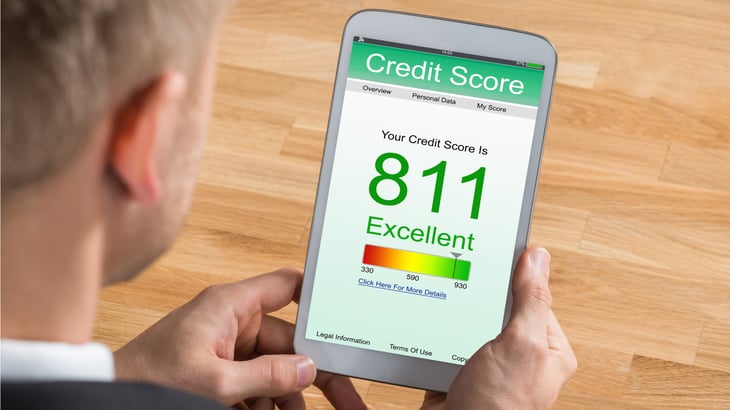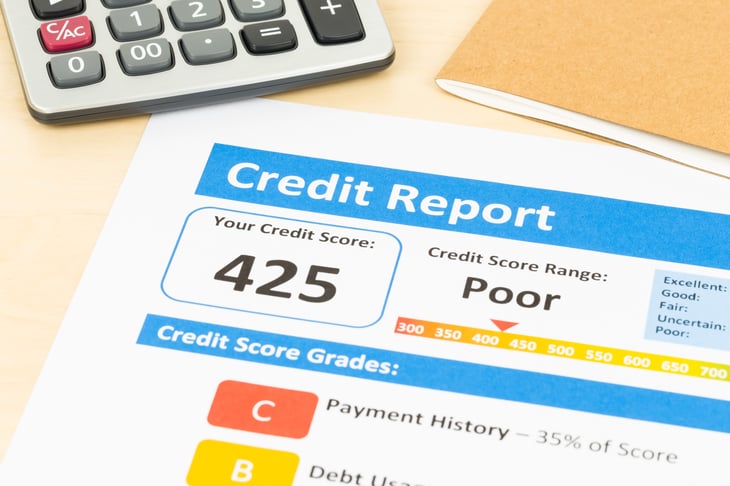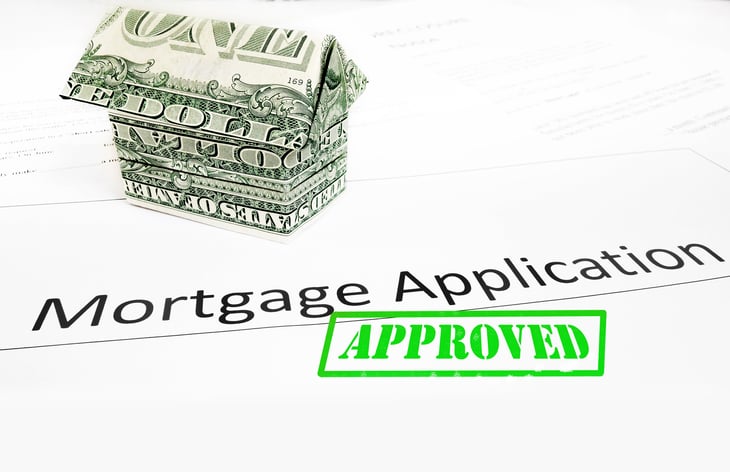You’ve heard it before, no doubt: A home probably will be the biggest purchase you’ll ever make. Making a few simple, smart moves in the quest for a mortgage can save you tens of thousands — even hundreds of thousands — of dollars over the life of the loan.
Try these ways to save — from a little to a lot — on your mortgage purchase:
1. Get your FICO score

Long before you apply for a mortgage or start home-shopping — as much as a year before — take a look at your credit score. The FICO Score is the one used most often by the mortgage industry.
There’s no need to pay to see it: Read “8 Ways to Get Your FICO Score for Free.”
Raising your score makes you eligible for a better interest rate on a mortgage, and it could take as long as a year to improve that score.
FICO’s loan savings calculator shows how much you could save by improving your credit score. The calculator shows six ranges of credit scores, from highest (760-850) to lowest (620-639). Alongside the scores are typical mortgage interest rates currently offered to borrowers with scores in those ranges.
Try using the calculator yourself to see the savings differences at various credit score ranges. It’ll make you a believer.
2. Raise your credit score

Improving your credit score is a slow process, but there are things you can do to start the turnaround. “7 Fast Ways to Raise Your Credit Score” tells you how.
For more tips, check out “2-Minute Money Manager: What’s the Fastest Way to Increase My Credit Score?“
3. Clean up your credit report

Repairing any errors in your credit reports also will raise your score. The three major credit-reporting agencies — Equifax, TransUnion and Experian — track Americans’ use of credit, compiling credit histories on us all to help lenders and merchants decide whether they should lend us money or credit, and at what rate. The information in these reports is the basis for your score. Errors are surprisingly common.
You have the right to one free copy annually of your credit history from each agency. “How to Get Your Free Credit Report in 6 Easy Steps” gives a step-by-step explanation of how to access your credit reports.
4. Take a meeting

Meet with several lenders to discuss your borrowing situation. Just don’t give them permission to pull your credit history quite yet: Too many inquiries can hurt your credit score, so wait until you’re ready to apply for a loan.
Meeting with four, five or even more lenders will help you understand the process and get a feel for which you’d like to work with. Do the same with online lenders. Comparison shopping for lenders can save you a good deal of money, as lenders’ mortgage offers can vary widely.
5. Get preapproved for a mortgage

Lenders will offer to help you become “pre-qualified” for a mortgage. Go for it, if you want to, although there’s no need for it. Just don’t misunderstand: Pre-qualification won’t help you buy a home or get a mortgage. It just means that a lender gave you an estimate, based on information you provided, of how much you can borrow and at roughly what rate.
Preapproval, however, is a whole different ballgame. Preapproval means that after you filled out the application for a mortgage loan and gave the lender permission to pull your credit score, the lender agreed to give you a loan for a certain amount of money — conditioned on approving the property you have chosen.
A preapproval gives you an advantage when you are shopping for a home. In a competitive market, a preapproval letter from your lender lets sellers know that they will not need to wait for you to apply for a mortgage that you might or might not receive. You already have been approved and can make the purchase immediately.
6. Don’t apply for nonmortgage credit

While you are in the midst of applying for a mortgage and buying a home, take extreme care not to do anything that might affect your credit score. Opening a new credit card or credit account — or getting a separate loan before you have signed on the dotted line for your mortgage — can affect your credit score and possibly lower your interest rate. Wait until after you have signed your mortgage papers.
7. Comparison shop for mortgages

You are safe, though, making multiple mortgage applications or allowing numerous mortgage lenders to inquire about your credit score — called a credit “pull”– within a period of 30 days or more. FICO says:
Looking for a mortgage, auto or student loan may cause multiple lenders to request your credit report, even though you are only looking for one loan. To compensate for this, FICO Scores ignore mortgage, auto and student loan inquiries made in the 30 days prior to scoring. So, if you find a loan within 30 days, the inquiries won’t affect your scores while you’re rate shopping. In addition, FICO Scores look on your credit report for mortgage, auto and student loan inquiries older than 30 days. If your FICO Scores find some, your scores will consider inquiries that fall in a typical shopping period as just one inquiry.
Also, checking your own credit score or reports will not hurt your credit score.
8. Make no big purchases until your mortgage closes

The minute you decide on a home, you may want to start shopping for furniture and appliances, window coverings and home improvements. Shop all you want, but don’t put any purchases on credit — or apply for new credit — until after your mortgage loan has closed. New purchases affect the amount of credit you have available and can change your eligibility or the cost of your mortgage. So hold off until your mortgage is a totally done deal.
What’s your experience shopping for a mortgage or refinancing? Share with us in comments below or on our Facebook page.




Add a Comment
Our Policy: We welcome relevant and respectful comments in order to foster healthy and informative discussions. All other comments may be removed. Comments with links are automatically held for moderation.